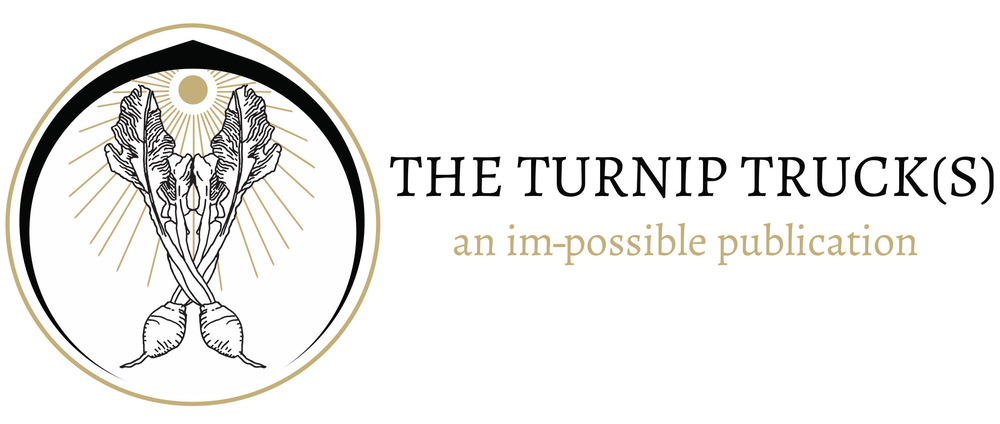In April 2017, researchers at Children’s Hospital of Philadelphia showed the world a lamb incubating in an artificial uterus—a plastic bag filled with synthetic amniotic fluid and attached to a machine with plastic hoses that acted as the umbilical cord. Although the research team claims they have no intention of developing the technology to sustain a fetus from conception to term—as their focus is helping premature babies between 23 and 24 weeks develop in an environment healthier than a conventional incubator—it is difficult not imagine such a possibility from happening in the future and what that could mean for women’s reproductive rights.
While some speculate the use of an artificial uterus could make women lose their reproductive power and as such their worth, in terms of biopower, to society, others argue the use of an artificial uterus can liberate women from the psychical toll and discomfort of pregnancy. Perhaps the more pressing issue is what the artificial uterus could mean for abortion laws. As Adam Rogers notes in “What if You Could Grow a Baby in a Bottle?”, the artificial uterus has the potential to change the definition of “viable”— the ability of a fetus to live outside the mother’s womb—and lead to stricter abortion laws.[1] Rogers raises the question whether in a post-artificial uterus world women would be allowed to have abortions at all, given that their fetuses could simply grow to term without them in the artificial womb. Though he cites the costs that make this scenario unlikely, he speculates that “the political climate might not even let her make that choice” and cites The Handmaid’s Tale as one of the many science fiction scenarios that the artificial uterus brings to mind.
What is interesting is that all of these claims are grounded on the idea that women are essentially defined by their bodies’ ability to reproduce another body. But the question of the artificial uterus is acutely about the parameters of what that woman’ body is and what it does: does if function as merely the passive repository of biological reproduction—the vessel of man’s (mankind’s) active creation. Or is that body, as the carrier of the fetus to birth (and beyond) much more than a uterus. The answer is perhaps beyond either of these choices. In fact, it is precisely because women’s bodies are more than a uterus—precisely because they can or cannot have a baby—that they can claim their power to be more than mothers and more than their bodies. Men don’t have that choice.
[1] Adam Rogers, “What if You Could Grow a Baby in a Bottle?” Wired. 4/30/17. https://www.wired.com/2017/04/grow-baby-bottle/

